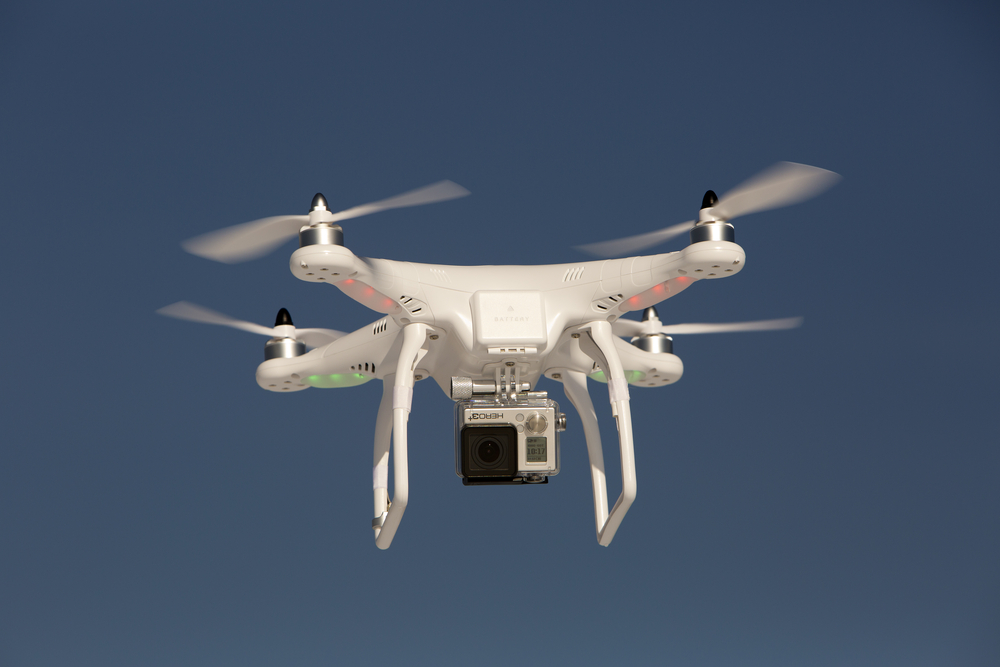

The likes of Amazon and Google had cause for celebration when the governor of California, Jerry Brown, vetoed a bill that would have drastically limited the use of drones in that state.
The bill, which had already passed both houses of the California legislature, would have banned unmanned vehicles from flying 350 feet above property without express consent of property owners.
This would have seriously compromised the drone programs of Amazon and Google for example. Indeed, earlier this year Amazon revealed it was actively testing its “Prime Air” delivery drones in Canada’s British Columbia because of what it felt was as an overly restrictive approach by US authorities to the technology.
“Drone technology certainly raises novel issues that merit careful examination,” wrote Governor Brown. “This bill, however, while well-intentioned, could expose the occasional hobbyist and the FAA-approved commercial user alike to burdensome litigation and new causes of action.”
And NASA is reportedly developing an automated system that would coordinate commercial drones and keep them from crashing into other aircraft.
In the United States alone today, there are 85,000 commercial, cargo, military and general aviation flights every day. Amazon reckons that this figure will be “dwarfed” by low altitude drone flights in the next 10 years.
But real concerns remain about the use of drones. Earlier this month for example, a mystery drone halted play at the US Open tennis tournament after it crashed into the stands during a match.
And pop singer Enrqiue Inglesias suffered injuries to his hand after trying to grab a drone.
But these are relatively trivial events when compared to much more serious incidents when drones have come close to hitting conventional aircraft.
Last month it was reported that two flights from New York’s JFK airport narrowly avoided colliding with drones, with the vehicles coming dangerously close to commercial planes.
Last year the American FAA warned about the ambiguous legal status of commercial drones.
Recent research by the University of Birmingham highlighted the privacy, safety and indeed security risks of drones over the next 20 years, especially as the aircraft could be possibly used by terror groups to attack public events.
What do you know about transport technology? Try our quiz!
Meta says it will stop targeting personalised Facebook ads at UK woman after legal battle,…
Nine EU countries led by the Netherlands push European Commission for follow-up to 2023 EU…
Former Cruise chief executive Kyle Vogt reportedly raises $150m for The Bot Company at $2bn…
Gotbit founder Aleksei Andriunin pleads guilty to manipulating tokens' trading volume and price after extradition…
ByteDance's largest US investors reportedly in talks for majority stake in US TikTok spin-off, with…
Apple reportedly reassigns Siri development to executive behind Vision Pro after acknowledging delays to much-hyped…